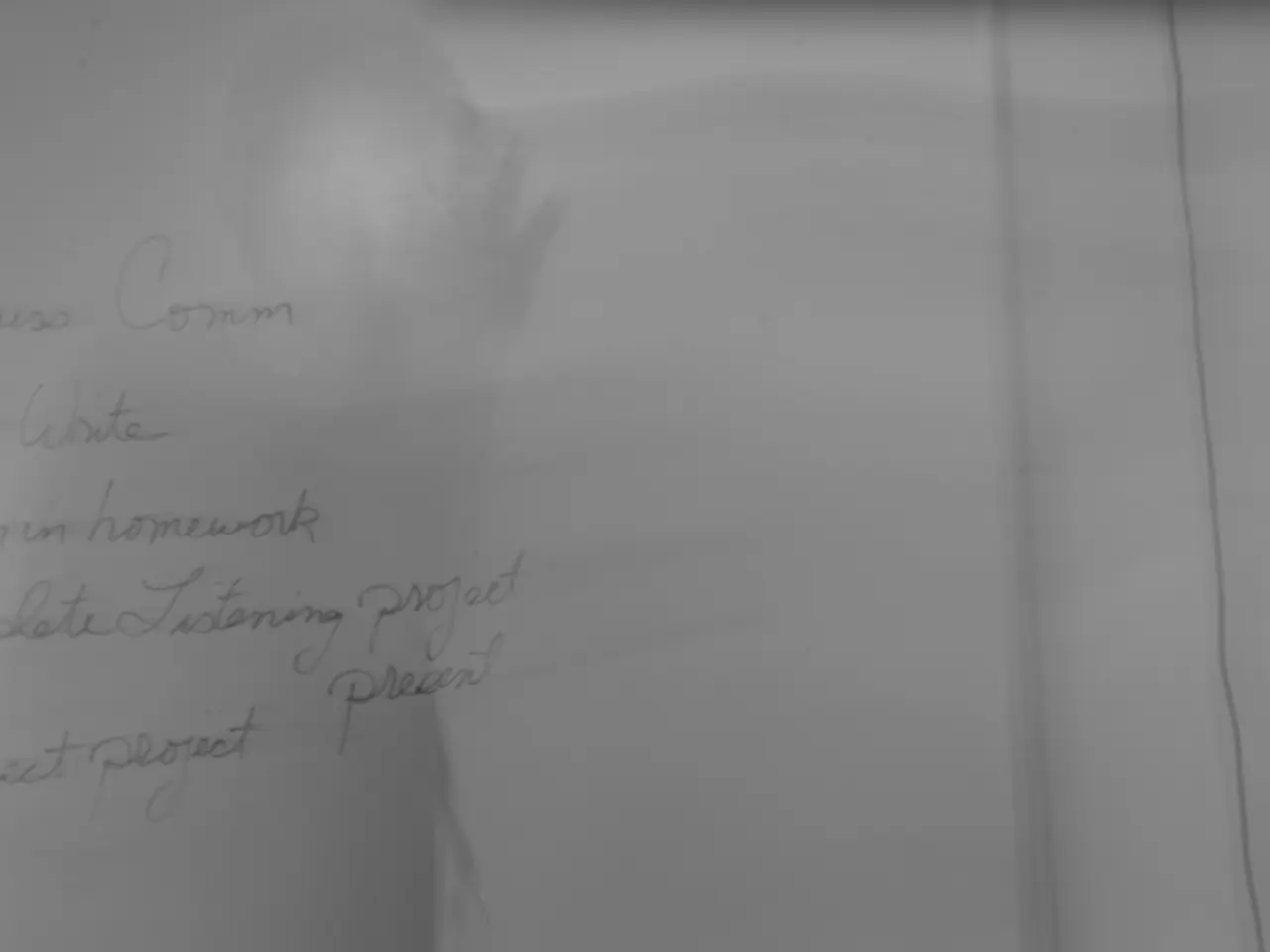Israel Sanctions Hesitation by Merz vs. Sánchez's Support
In a recent development, Spain and Germany have taken a firm stance against Israel's participation in the Eurovision Song Contest 2026, citing human rights concerns linked to the Israeli military actions in Gaza. During a meeting with German Chancellor Friedrich Merz, Spanish Prime Minister Pedro Sánchez expressed his dissatisfaction with Israel's actions and demanded Israel's exclusion from the contest. Sánchez also expressed his support for the EU Commission's proposed sanctions against Israel, which include the removal of trade preferences and personal sanctions on radical politicians. Merz, who visited Spain for the first time since taking office, reaffirmed Germany's support for Israel during the meeting, but did not comment on the EU Commission's proposed sanctions. However, it is worth noting that the issue of sanctions is highly contentious within the German traffic light coalition, with the SPD advocating for more pressure on Israel and the CSU strictly against further sanctions. Spain has already taken concrete steps to put pressure on Israel, including a complete arms embargo and an entry ban for those involved in human rights violations and war crimes in Gaza. Moreover, Spain became the first EU member to join South Africa's genocide lawsuit against Israel at the International Criminal Court (ICC) in 2024. RTVE, one of the five major financial contributors to the Eurovision Song Contest, has also threatened to withdraw if Israel sends a contribution. This move by RTVE, along with Spain's stance, is comparable to the exclusion of Russia from the Eurovision Song Contest following its comprehensive military attack on Ukraine in 2022. The Spanish government's firm stance against Israel's participation in the Eurovision Song Contest is not a new development. In the past, Sánchez has accused Israel of genocide in Gaza and has threatened to withdraw from the contest if Israel participates. During his visit to Jerusalem, Sánchez repeatedly called for the release of all hostages held by Hamas in Gaza. The German Chancellor's decision on the EU Commission's proposed sanctions against Israel will be made by the EU summit at the beginning of October. Meanwhile, the Spanish government remains resolute in its stance against Israel's participation in the Eurovision Song Contest 2026. In a separate development, Merz defended his August decision to restrict arms exports to Israel during his meeting with Sánchez. However, the details of this discussion were not disclosed. As the situation unfolds, it is clear that Spain and Germany are taking a firm stance against Israel's actions and are using their influence to pressure Israel to change course. The Eurovision Song Contest 2026 may be just one battle in a larger war for human rights and peace in the Middle East.
Read also:
- United States tariffs pose a threat to India, necessitating the recruitment of adept negotiators or strategists, similar to those who had influenced Trump's decisions.
- Weekly happenings in the German Federal Parliament (Bundestag)
- Southwest region's most popular posts, accompanied by an inquiry:
- Discussion between Putin and Trump in Alaska could potentially overshadow Ukraine's concerns








